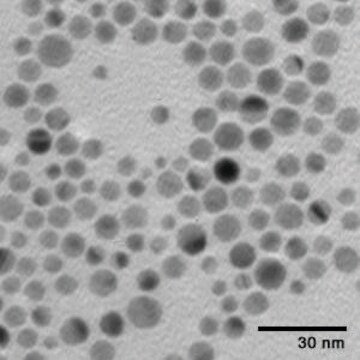484059
Silver
nanopowder, <150 nm particle size, 99% trace metals basis
About This Item
Produits recommandés
Niveau de qualité
Essai
99% trace metals basis
Forme
nanopowder
Résistivité
1.59 μΩ-cm, 20°C
Taille des particules
<150 nm
pb
2212 °C (lit.)
Pf
960 °C (lit.)
Densité
10.49 g/cm3 (lit.)
Chaîne SMILES
[Ag]
InChI
1S/Ag
Clé InChI
BQCADISMDOOEFD-UHFFFAOYSA-N
Description générale
Application
Mention d'avertissement
Warning
Mentions de danger
Conseils de prudence
Classification des risques
Aquatic Acute 1 - Aquatic Chronic 1
Code de la classe de stockage
13 - Non Combustible Solids
Classe de danger pour l'eau (WGK)
WGK 3
Point d'éclair (°F)
Not applicable
Point d'éclair (°C)
Not applicable
Équipement de protection individuelle
Eyeshields, Gloves, type N95 (US)
Faites votre choix parmi les versions les plus récentes :
Déjà en possession de ce produit ?
Retrouvez la documentation relative aux produits que vous avez récemment achetés dans la Bibliothèque de documents.
Les clients ont également consulté
Articles
Silver nanomaterials have unique physical, chemical, and optical properties that are currently being leveraged for a wide variety of biological applications.
Notre équipe de scientifiques dispose d'une expérience dans tous les secteurs de la recherche, notamment en sciences de la vie, science des matériaux, synthèse chimique, chromatographie, analyse et dans de nombreux autres domaines..
Contacter notre Service technique







